The news is relentless. Most of it feels bad. Lots of people are avoiding it. Here’s why we won’t
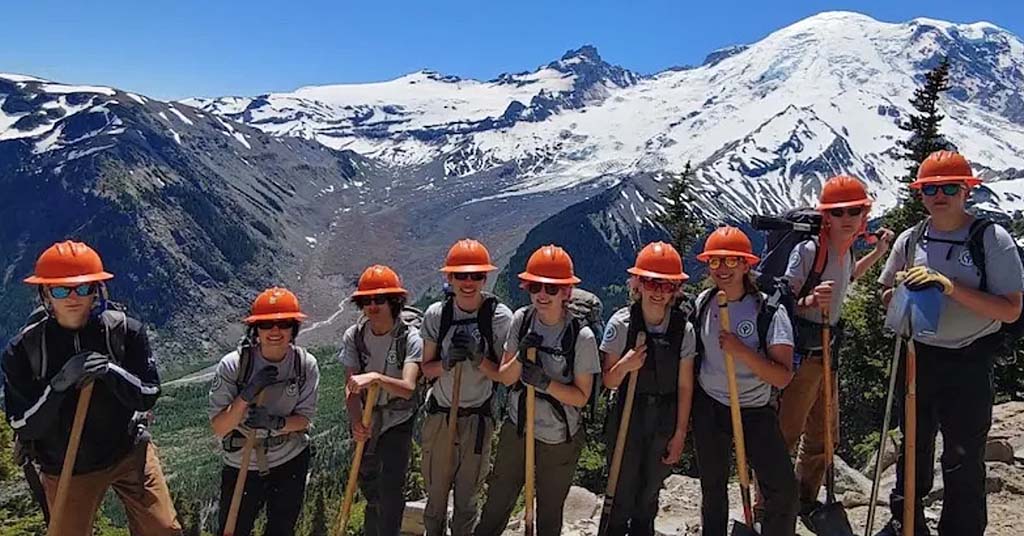
Core values: Youth Conservation Corps at Mount Rainier National Park. Photo: NPS
By Chuck Thompson. April 10, 2025. Last week, while doing research for a story Columbia Insight published on the environmental impacts of the recent federal government layoffs, I came across the photo at the top of this story.
Looking at those Youth Conservation Corps eager beavers in Mount Rainier National Park, I wondered if their summer jobs, too, had been axed.
It’s tough saying, “You’re fired!” to a bunch of work-minded teenagers, but if ever a guy was born for the job it’s the one occupying the White House.
I called the park’s administrative office to ask about this summer’s YCC program, but nobody answered the phone, and the automated system led me to full mailboxes. I left a voice-mail that went neglected. I tried contacting the park by email, but this query, too, went unanswered.
I dialed the National Park Service headquarters in Washington, D.C., and eventually got an email forwarded to the acting public information officer. But I didn’t get a reply.
I Googled around various National Park Service and federal government web pages looking for the answer to what seemed like a pretty basic question—“Will YCC programs be going ahead as planned at Mount Rainier and other national parks around the Pacific Northwest this summer?”—but found no updated information.
A few government pages that looked promising (based on the Google summaries) had been taken offline. Given that past YCC program announcements have encouraged non-white kids to get involved with environmental stewardship, I assumed the pages had been sent down the memory hole in the name of the DEI hysteria that’s become a cornerstone of the regime’s guiding philosophy.
More calls and emails to Park Service HQ went unreturned.
The term “ghosting” has passed into common parlance. It refers to the practice of ignoring someone’s attempt to contact you. Being “ghosted” has been added to the growing list of indignities of life in 21st-century America.
For members of the news media, of course, ghosting is nothing new. Journalists having requests for information ignored or denied goes back at least a few of centuries.
One of the requirements of being in the news business is a thick skin. You can’t get angry or hold it against people who make you grovel for information, especially when sometimes that’s the only way to get it. Anyway, people stonewall, delay or don’t call back for all sorts of reasons, not all of them nefarious.
But something about the government silence over a program so positive as the YCC struck me as odd.
This felt different.
Two interpretations
For going on a year now, I’ve been thinking about the question posed by the headline of this story.
Beneath that headline on a website such as this one, most readers would likely expect an impassioned defense of environmental journalism, a rally-the-troops homily imbued with Rockne-esque, “To the ramparts!” bravado.
The opposite way of reading the question, of course, is with an understanding that lurking beneath it is a heavy dose of Charlie Brown despair.
In a time of epic official dishonesty, environmental truths aren’t for everyone.
For all the good people and programs out there addressing our infinite environmental crises—fish, climate, water, wildfire, drought, habitat loss, microplastics, you name it—it’s deeply discouraging to note that no matter how many stories we write, nothing seems to make a difference.
The environmental news keeps getting worse. So does the sense of resignation surrounding it.
This is probably what for almost a year has kept me from writing nothing more than the headline of this story.
Who wants Charlie Brown delivering the news?
Navigation error
Beyond the federal government, of course, there are lots of sources for environmental information.
Yet I’ve been struck lately at how low a priority the great existential threat of our time has become, not just for everyday people, but for major news organizations.
The navigation bar on any website—that horizontal line across the top of the page that provides handy links to topic pages—is the place to get a sense of the values and priorities of a given organization.
The “nav bar” for Bass Pro Shops, for example, provides shortcuts to pages devoted to Fishing, Boating, Shooting, Hunting and Camping. Makes sense.
Now take a look at the nav bars on the websites of the biggest media outlets in the Pacific Northwest—major metropolitan newspapers, public media, network TV affiliates, mid-market dailies. This is where you’ll find the priorities of the media in our region. Business. Politics. Entertainment. Sports. Life. Culture. Homes.
The topic you won’t find in most of those nav bars is “Environment.” Go ahead look. It’s not there.
This isn’t to say that many or all of our important news outlets never report on the environment. They do, and often with excellent results.
It’s just not their focus.
Columbia Insight, of course, is concerned only with the environment in the Columbia River Basin and beyond. Look at the categories in the nav bar at the top of our page and you’ll see what’s on our minds every day of the year.
Even if sometimes we wish it wasn’t.
Who cares?
The photo of the YCC kids and the non-response to my queries about the program shook loose an idea in my head.
We’ve grown accustomed in this country to looking at just about everything through an all-or-nothing lens. In this context, the environment has come to feel like something we will either win or lose. Do or die.
I think that’s why so many people have become disengaged from environmental issues. It already feels like game over.
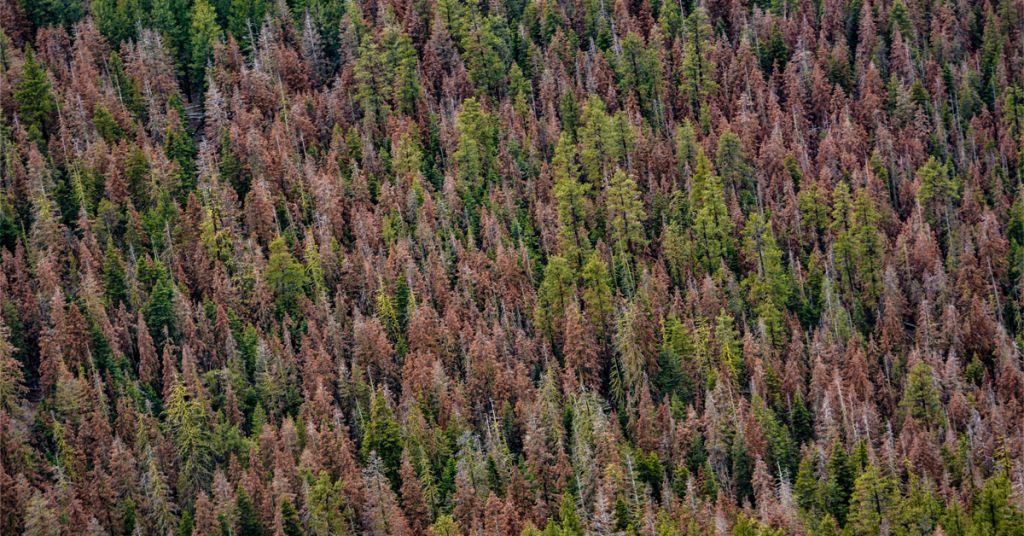
Daily dose: Dead trees in the Fremont-Winema National Forest. File photo: Daniel DePinte/USFS
But that’s not how the environment works. Death and destruction are always part of the deal, but nature is about evolution, variety, adjustment and equilibrium more than it is about absolutism. How else to explain the flower growing out of granite?
Of the nine kids in that YCC photo, it’s a fair bet that along with a few blisters and worn-out boots, most of them will take away little more than nice memories that’ll fade as they pursue lives as artists, attorneys, builders, plumbers and parents. Soon enough they’ll be too distracted by day-to-day obligations to pay attention to salmon counts and snow packs.
Who can be blamed for avoiding lost causes, especially when there’s social media, sports and stock markets to keep en eye on?
But it’s also a fair bet that for one, maybe two of them, their summer experiences working on Mount Rainier will become the foundation of a life of environmental commitment.
Even if the cohort that consumes it is small relative to other topics—One in 10, one in 100?—it’s important that environmental news is available. And that someone is making the calls and doing the work to present it.
They might not be at “critical mass” levels, but that’s the group we’re here for.
Especially in a time of epic official dishonesty, environmental truths aren’t for everyone.
It’s draining to think about the state of the environment all the time.
But it’s not all bad. Nature tends to take its time and it tends to self-correct.
Just when I was about to put this story to bed, I got an unexpected email from Terry Wildly, chief of interpretation, education and volunteers at Mount Rainier National Park.
Wildly wrote: “Thank you for reaching out to Mount Rainier National Park. The YCC program at Mount Rainier National Park is set to continue this year and remains the same as in prior years.”
Sometimes you gotta keep on digging. Sometimes you gotta wait things out.
At Columbia Insight, we’ll keep doing both for as long as we can.
The views expressed in this article belong solely to its author and do not necessarily reflect the opinions of anyone else associated with Columbia Insight.

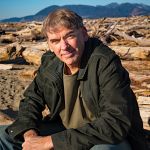
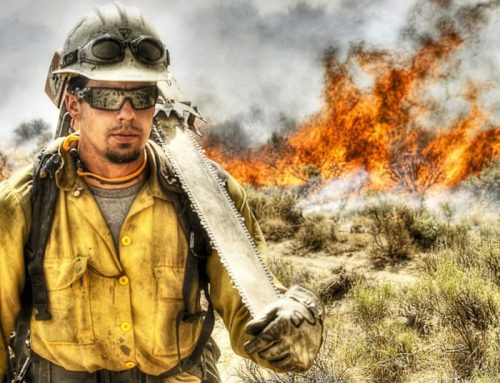
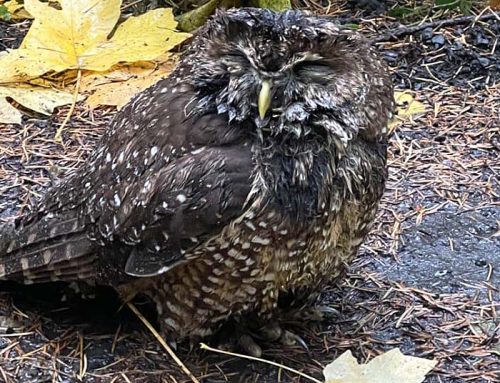
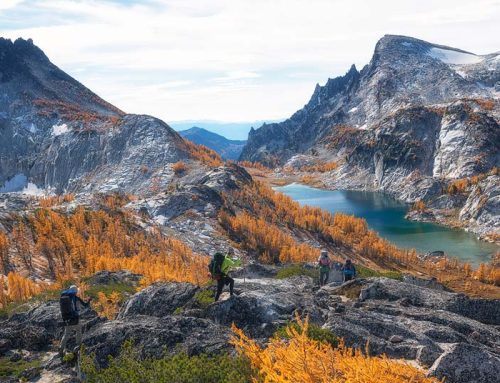
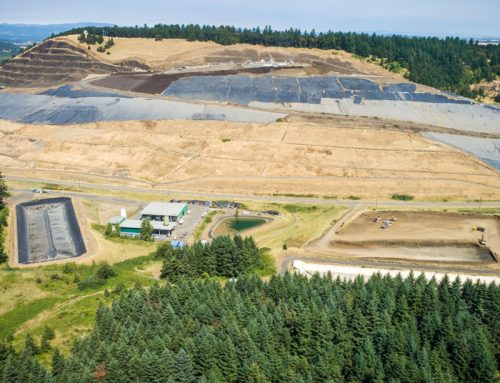
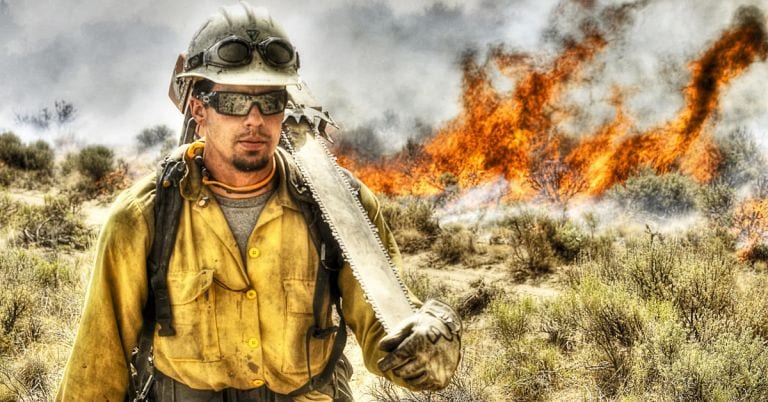

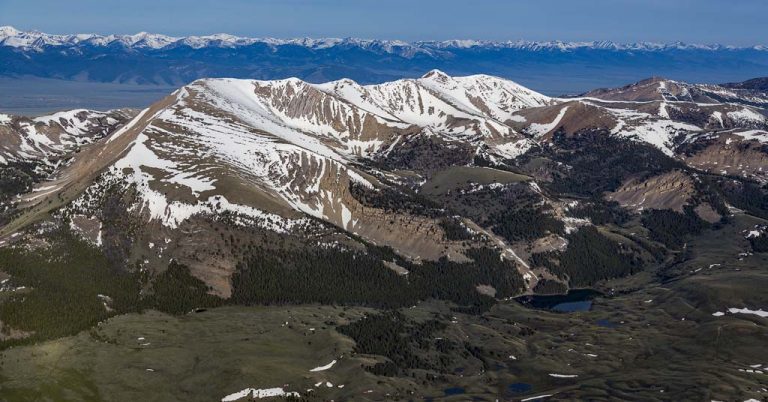
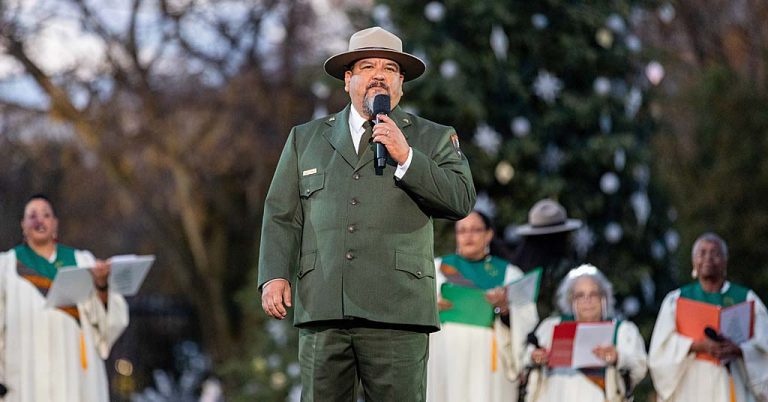


I’m here for the environmental truth!
Thank you for your steadfast journalism and dedication to environmental stewardship.
— Aldo Leopold ;)
Excellent piece, Chuck. It’s very hard to find a place to stand to keep trying. Thanks!
Good for you.
Nice to find an honest person.
Perhaps Quality of Life (ie clean water and air) will be the doorway through which a new generation of environmentalists enter the cause.